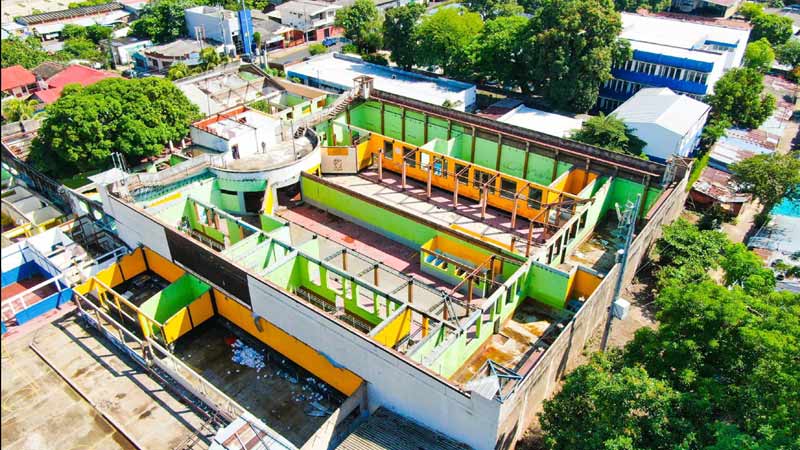On Tuesday, the ruling deputies approved such an initiative with a waiver of procedure (without prior analysis), arguing that it is due to the increase in the population deprived of liberty under the emergency regime, applied since last March 27.
However, experts consulted point out several important aspects that need to be analyzed.
For example, the administrative lawyer of the Anti-Corruption and Justice Unit of Cristosal, Jonatan Sisco, explained that “in short, this law grants broad powers to the Executive and could be used to promote acts of corruption.”
“The State is exempted from taxes, but the Ministry of Public Works is empowered to create mixed economy companies, and with private investors that would be exonerated, this could be a source of corruption and unscrupulous entrepreneurs who would be doing business and could benefit from the massive illegal detentions that have been carried out under the emergency regime.”
Analistas señalan que ley para crear cárceles fomenta corrupción
Este martes, los diputados oficialistas aprobaron tal iniciativa con dispensa de trámite (sin análisis previo), bajo el argumento que esta obedece al incremento de la población privada de libertad bajo el régimen de excepción, aplicado desde el 27 de marzo pasado.
Sin embargo, expertos consultados señalan una serie de aspectos importantes que se deben analizar.
Por ejemplo, el abogado administrativo de la unidad de Anticorrupción y Justicia de Cristosal, Jonatan Sisco, explicó que “en resumen esta ley concede amplias facultades al Ejecutivo y podría utilizarse para fomentar actos de corrupción”.
“Se exonera de impuestos al Estado, pero se faculta para que el ministerio de Obras Públicas cree sociedades de economía mixta y con inversionistas privados se le estaría exonerando, esto podría ser fuente de corrupción y podrían beneficiarse empresarios sin escrúpulos que estarían haciendo negocios de las detenciones ilegales masivas que se han estado efectuado en el régimen de excepción”, apuntó.

